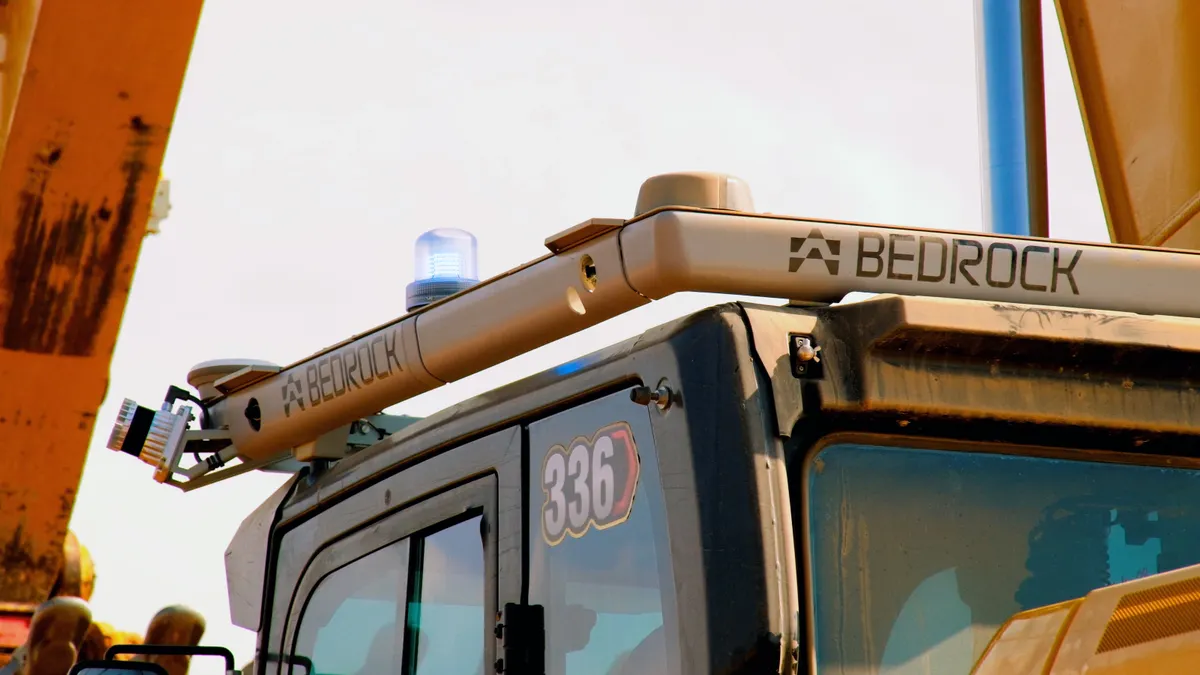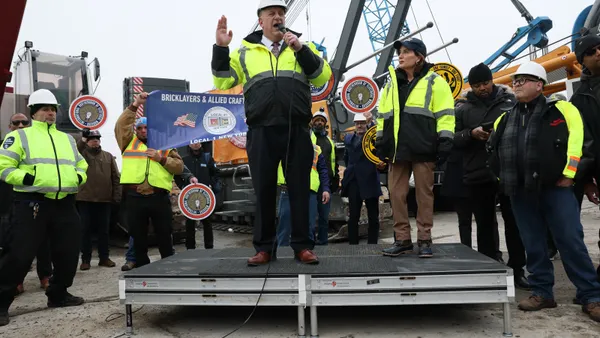Dive Brief:
-
According to Pittsburgh Fire Chief Darryl Jones, Liberty Bridge contractor Joseph B. Fay Co. did not have the required permit for work that led to a fire and near-collapse of the structure, according to the Pittsburgh Courier.
-
Jones said that contractors performing hot work – typically construction operations that create sparks or molten byproducts – must pull a $16 permit, which necessitates a fire inspection and a designated fire watcher to stand ready with a fire extinguisher.
-
Pittsburgh officials claim that last month a Fay welder's hot slag ignited a fire strong enough to compromise the integrity of one of the bridge's 30-foot support beams. Fay representatives, according to the Insurance Journal, said they did know a permit was required for the work but that they had a "fire watch" team with hoses and extinguishers on the bridge when the fire broke out.
Dive Insight:
City fire officials said that Fay's welding slag ignited a PVC pipe, which caused a tarp to catch fire, leading to a flame so hot that it bent a critical steel chord. The Pennsylvania Department of Transportation's $80 million contract with Fay allows for a $213,000 per-day penalty for incidents resulting in bridge closures as well as back charges for repairs.
The Occupational Safety and Health Administration is also investigating the fire. Pittsburgh's OSHA Area Director Christopher Robinson told the Pittsburgh Post-Gazette that a full review of Fay's fire safety procedures on the bridge could take as long as six months. No one was injured in the Sept. 2 blaze.
This week is National Fire Prevention Week, and Steve Miller, safety director for McCarthy Building Companies told Construction Dive that one of the dangers of hot work is that sometimes employees are not paying attention to where the resulting sparks land. "You'll see a welder drop sparks down between a wall going down a level or two or off the side of a building," he said. Jim Reen, Norwood, MA–based Gaston Electrical's vice president of operations, said Boston is getting ready to implement a hot work permit requirement as well, mandating inspections and additional training for employees.














